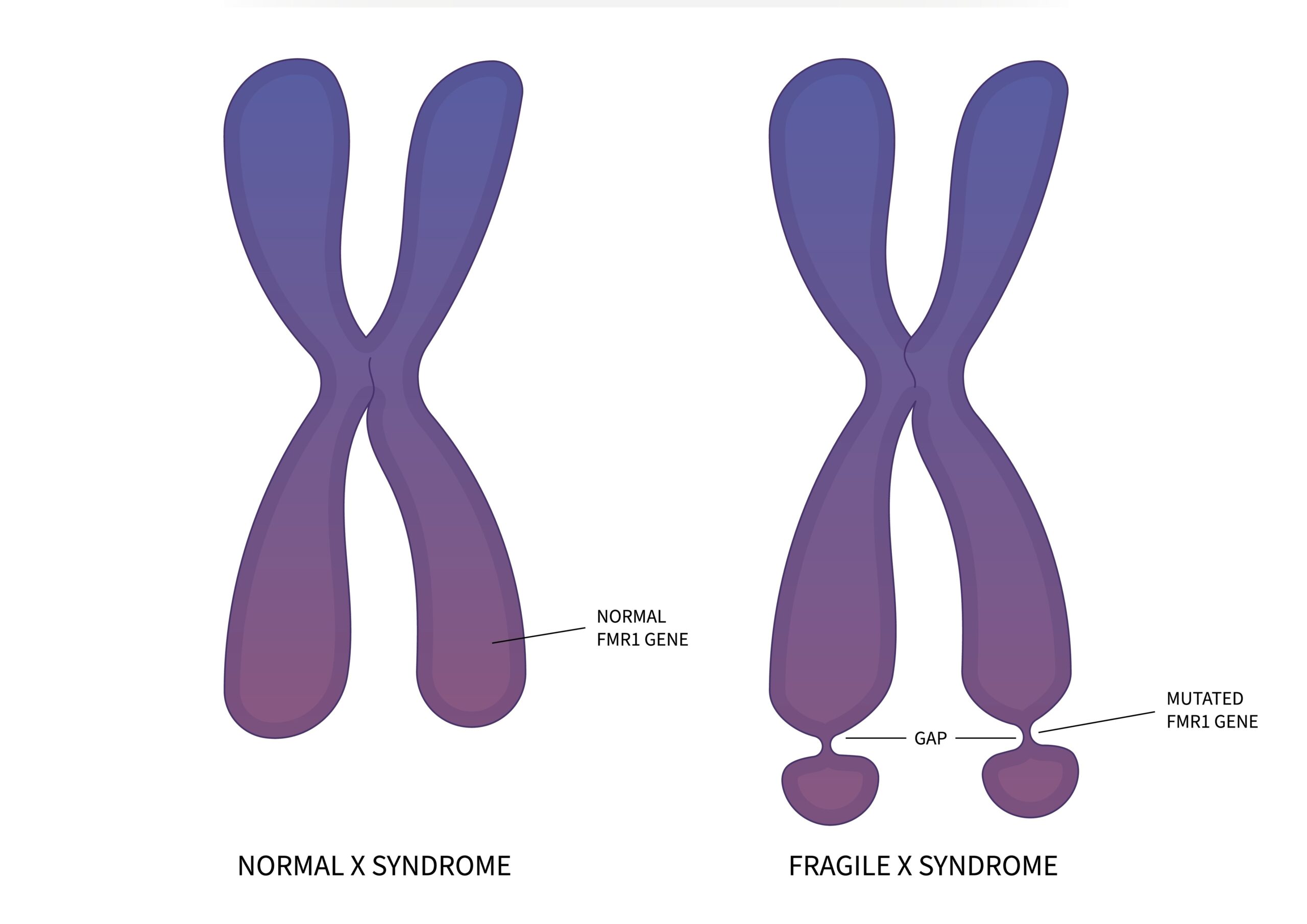
Fragile X Syndrome (FXS) is one of the most common inherited causes of intellectual disabilities. It occurs due to a mutation in the FMR1 gene, located on the X chromosome.
Fragile X is linked to a specific DNA sequence, CGG repeats within the FMR1 gene. Genetic testing focuses on counting these repeats:
Around 20% of women carrying the premutation experience premature ovarian failure (POF) a condition that includes:
This is much higher than the 1% seen in the general population.
Although rarer, men may develop Fragile X-associated Tremor/Ataxia Syndrome (FXTAS) later in life, affecting overall health. Its direct impact on fertility is still being researched.
Although there is no cure for FXS, various approaches can help individuals and families manage it:
Couples with a family history or fertility concerns related to Fragile X should consider:
At Sakalli IVF, we understand the challenges faced by women who carry the FMR1 premutation. Our team offers:
Tailored approaches based on your ovarian reserve, hormone levels, and reproductive goals.
An effective solution for women with significantly reduced ovarian function.
Our compassionate fertility specialists are here to guide you with the latest diagnostics and treatment options to help you build the family you’ve been dreaming of.
If you or your partner has a family history of Fragile X Syndrome, or if you’re facing fertility challenges, the team at Sakalli IVF is ready to help.
Contact us for a consultation and explore how we can support your journey toward parenthood with knowledge, care, and science on your side.
Copyright © Sakalli IVF. All rights reserved